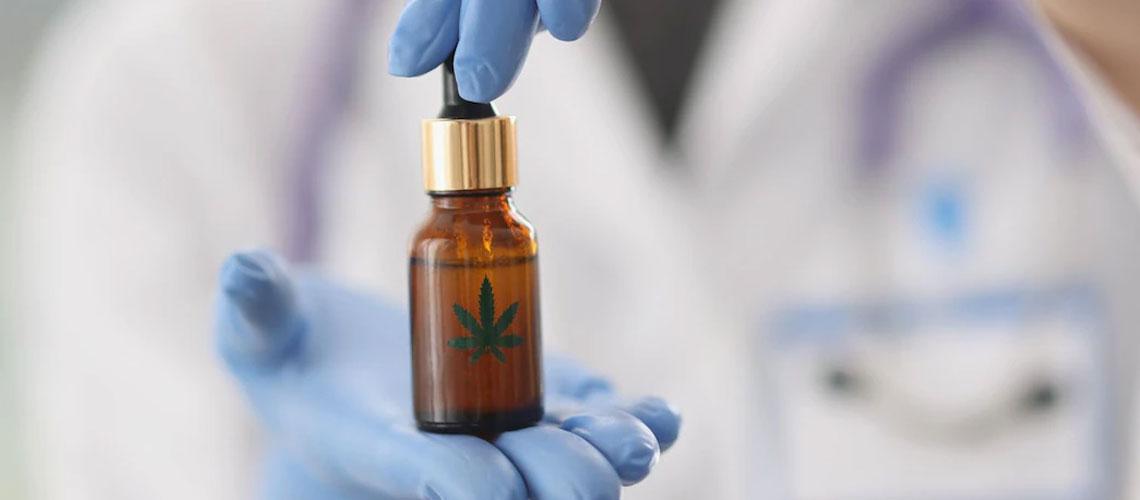Federal Cannabis Legality vs State Cannabis Legality
At the federal level, Cannabis for adult use or medical use is illegal. Cannabis is classified as a Schedule 1 drug. This category is deemed as “substances with a high potential for abuse with little to no medical benefit”. This categorization puts cannabis on the same level as drugs such as heroin, and is more restrictive than drugs such as methamphetamine or cocaine.
Despite the federal classification of cannabis, over 35 states have legal cannabis markets to date, and new states are legalizing every year. In the early days of legalization, federal intervention was a concern. In late 2014, the Rohrabacher-Farr amendment passed, which prohibits the Justice Department from interfering with state medical cannabis programs.
One of the reasons cannabis is still a schedule 1 drug and has not been recategorized is due to the lack of clinical studies assessing the medical benefits of the plant. Generally, these types of studies help to build a legalization case and platform at the federal level. Schedule 1 drugs are much harder to conduct research on, due to their strict regulation. This creates a larger barrier for legalization, as large scale clinical trials need to be conducted to prove the validity of cannabis as medicine. However, to conduct this research, cannabis needs to be rescheduled.
While legal and licensed cannabis businesses can operate safely in their respective states, there are still problems business owners face in the legal cannabis market. One of the most talked about problems in the cannabis industry is access to safe banking. Due to the federal status of cannabis, a federally insured bank (FDIC) cannot lend money, hold accounts, or do business with licensed cannabis companies. This is directly due to federal legislation and the banks’ ability to lose insurance or be penalized for going against federal law. This leaves businesses with fewer options for banking, as they are forced to seek out state-specific banks, such as credit unions.
Federal Cannabis Legality vs State Cannabis Legality
At the federal level, Cannabis for adult use or medical use is illegal. Cannabis is classified as a Schedule 1 drug. This category is deemed as “substances with a high potential for abuse with little to no medical benefit”. This categorization puts cannabis on the same level as drugs such as heroin, and is more restrictive than drugs such as methamphetamine or cocaine.
Despite the federal classification of cannabis, over 35 states have legal cannabis markets to date, and new states are legalizing every year. In the early days of legalization, federal intervention was a concern. In late 2014, the Rohrabacher-Farr amendment passed, which prohibits the Justice Department from interfering with state medical cannabis programs.
One of the reasons cannabis is still a schedule 1 drug and has not been recategorized is due to the lack of clinical studies assessing the medical benefits of the plant. Generally, these types of studies help to build a legalization case and platform at the federal level. Schedule 1 drugs are much harder to conduct research on, due to their strict regulation. This creates a larger barrier for legalization, as large scale clinical trials need to be conducted to prove the validity of cannabis as medicine. However, to conduct this research, cannabis needs to be rescheduled.
While legal and licensed cannabis businesses can operate safely in their respective states, there are still problems business owners face in the legal cannabis market. One of the most talked about problems in the cannabis industry is access to safe banking. Due to the federal status of cannabis, a federally insured bank (FDIC) cannot lend money, hold accounts, or do business with licensed cannabis companies. This is directly due to federal legislation and the banks’ ability to lose insurance or be penalized for going against federal law. This leaves businesses with fewer options for banking, as they are forced to seek out state-specific banks, such as credit unions.


